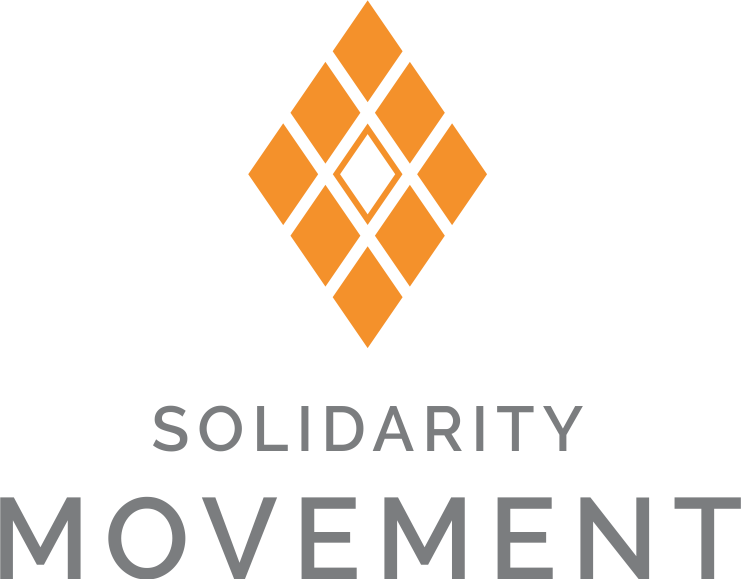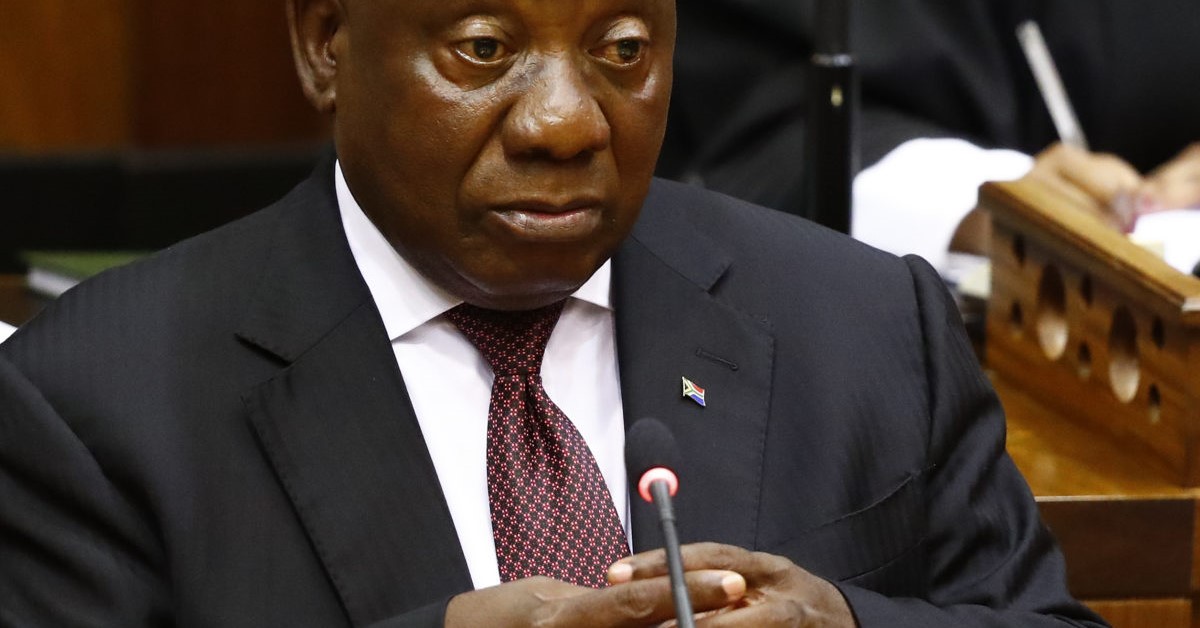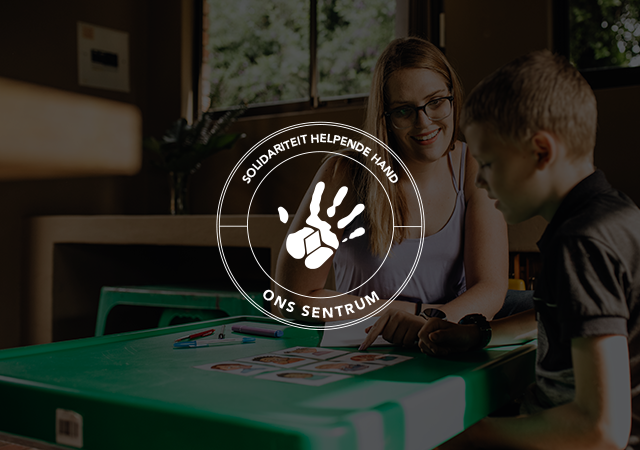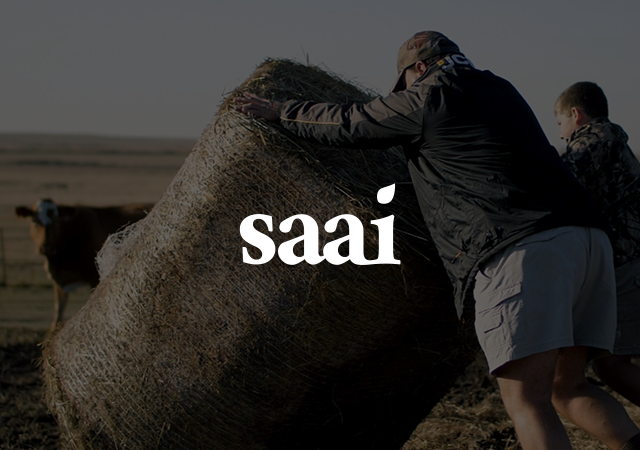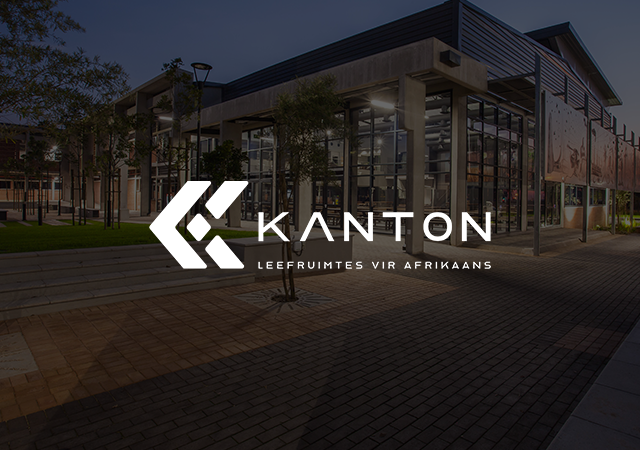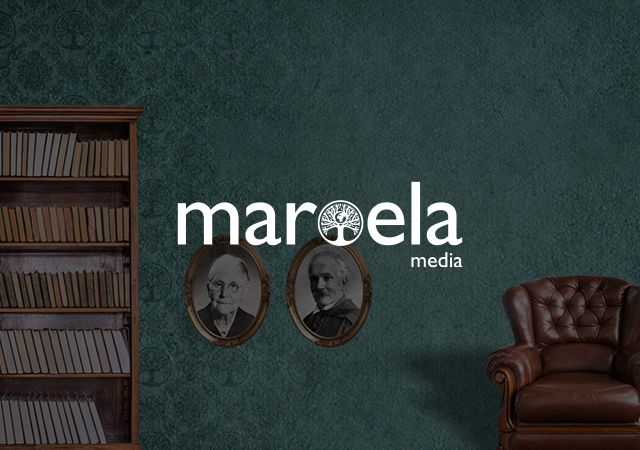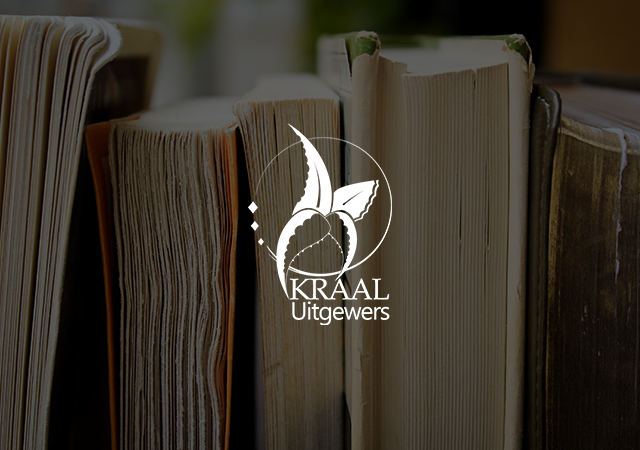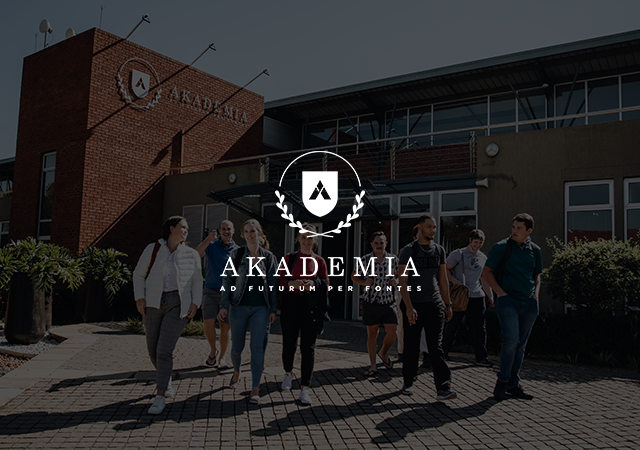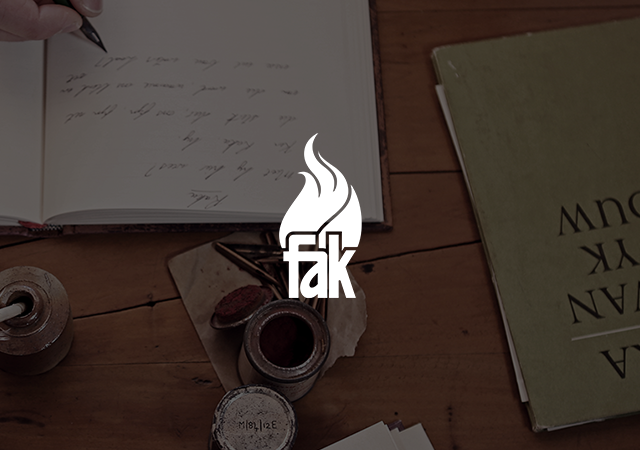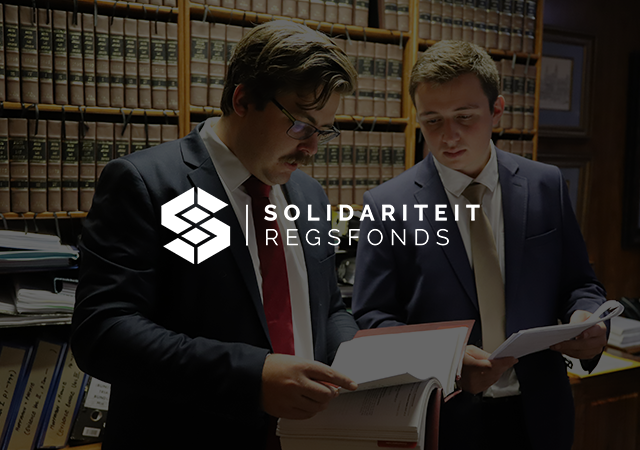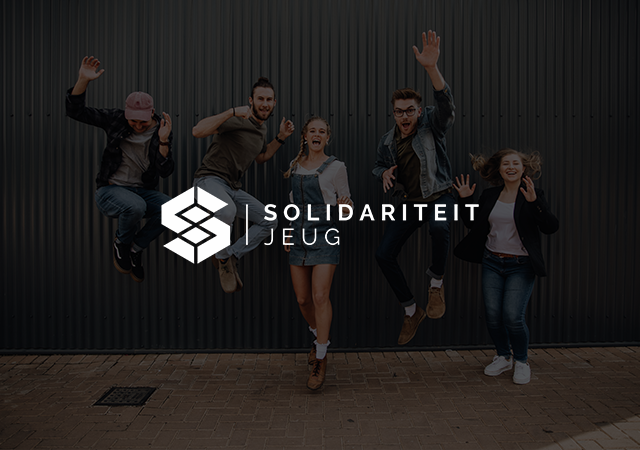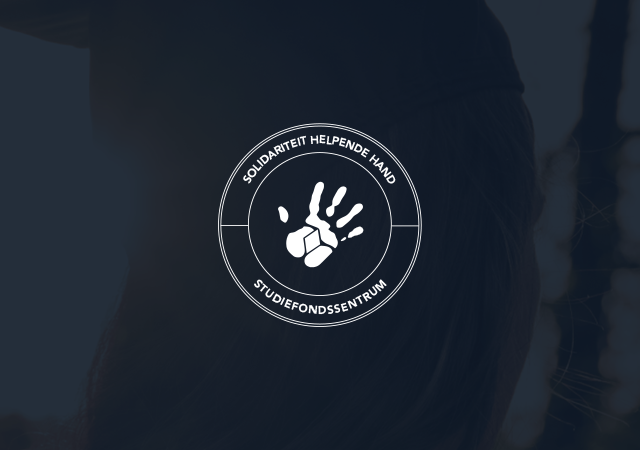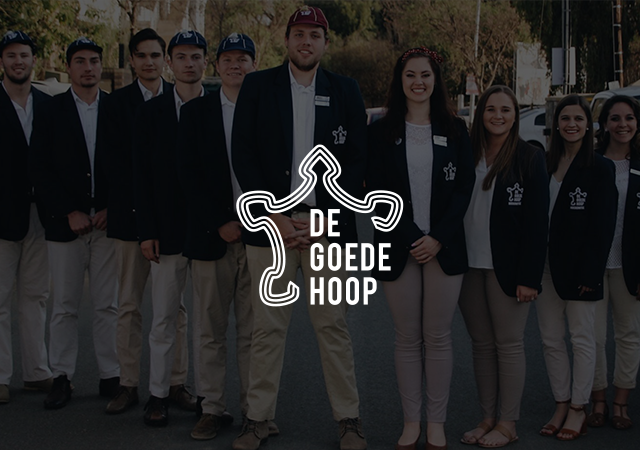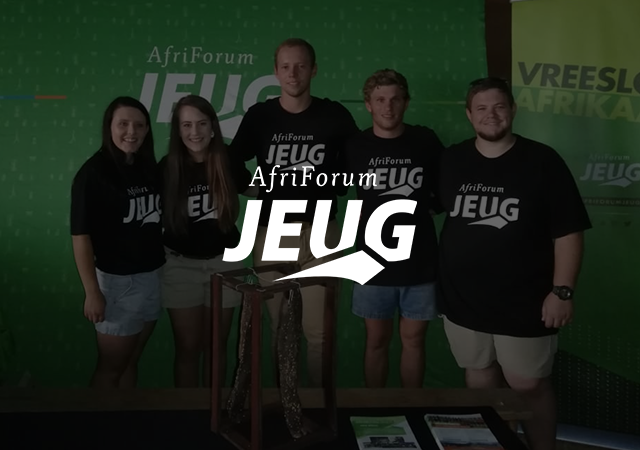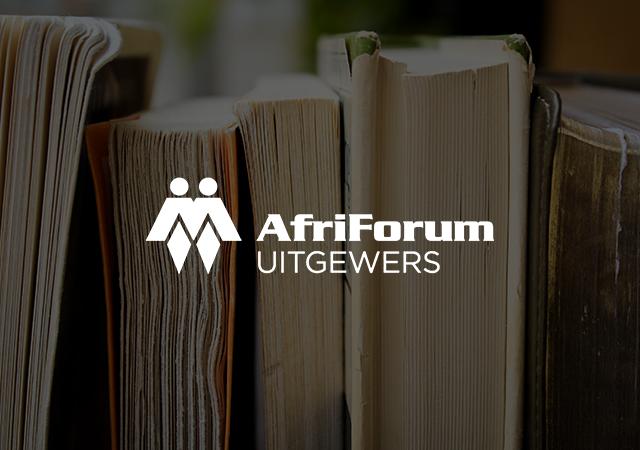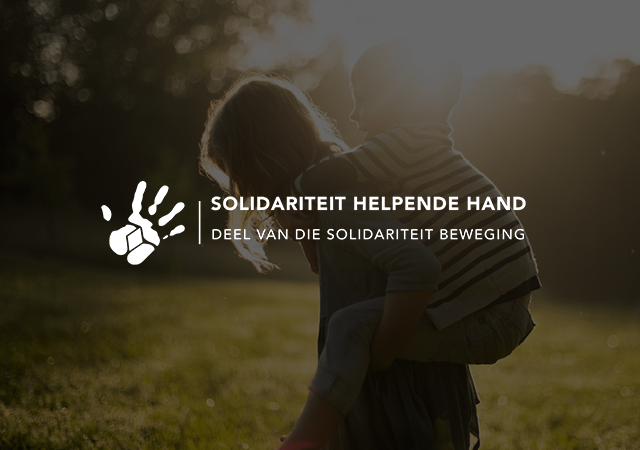The Solidarity Movement said today that the loan of about R70 billion granted by the International Monetary Fund (IMF) to South Africa should be used to help the country in the midst of this crisis and should not be regarded as a donation by certain politicians for their own pockets or projects.
This follows certain high-ranking officials who were recently involved with an investigation into corruption and tender fraud regarding the allocation and use of coronavirus emergency funds, and further bailouts to, among others, SAA.
According to Flip Buys, Chair of the Solidarity Movement, loans taken out by a government are ultimately a yoke that a taxpayer must bear to settle the debt. Therefore, the Movement insists that precise information regarding the use of these funds must be made public to ensure transparency. “With an expected government debt exceeding 80% of the gross domestic product (GDP) for the year, we cannot afford funds, which is obtained at the highest cost to help South Africa during the crisis, to be hijacked by corrupt cadres, while taxpayers must bear the brunt,” said Buys.
Buys further said that the Movement will soon contact the IMF to ensure that stricter measures and requirements are put in place relating to corruption and bailouts to chronically struggling state enterprises such as SAA, for future loans. “These requirements are not only there to protect the IMF but to protect South African taxpayers and the country against wasting. Regardless of the requirements, if there is no reform taking place which is pro-business and economic growth, South Africa will be caught in a debt trap from which it will struggle to recover,” said Buys.
According to Buys South Africa does not have the luxury of advocating state ideologies such as redistribution that dampers the economy. “The fiscal space is already extremely limited and further deregulation must take place to make it as easy as possible for businesses to do their business and help create jobs,” said Buys.
